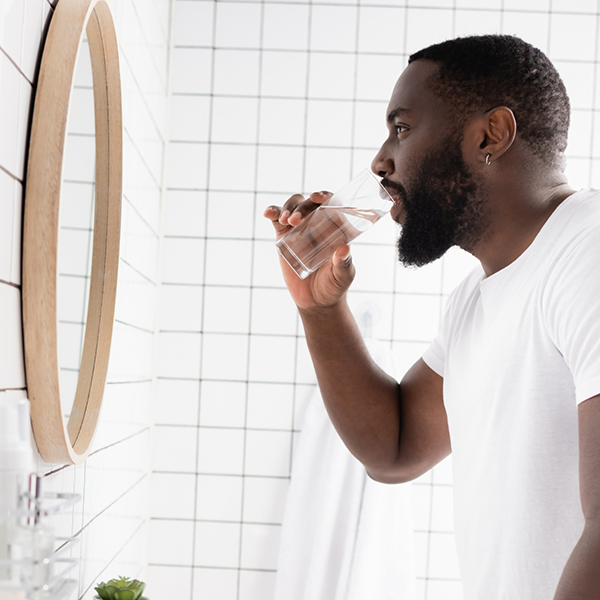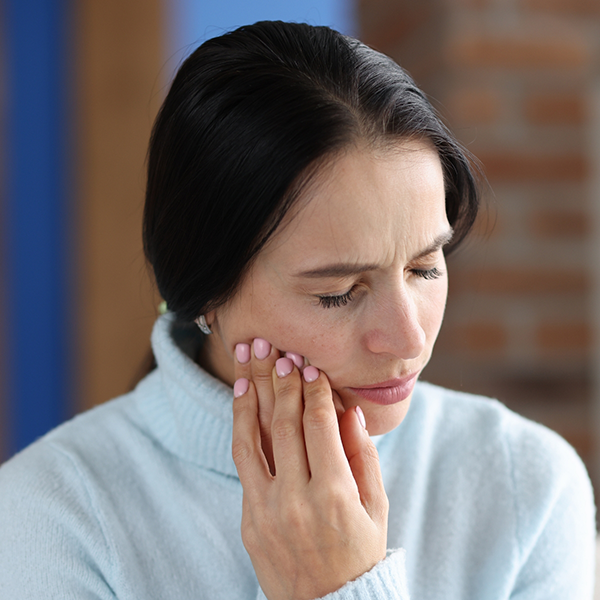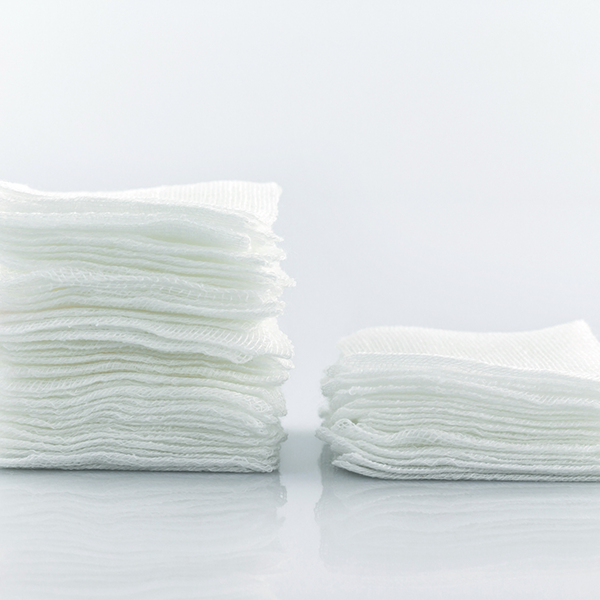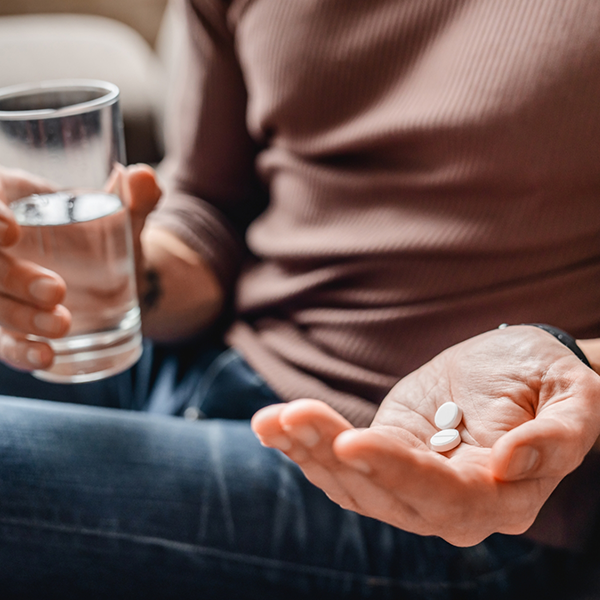Dental Homecare Instructions Wayne
Your At-Home Recovery Guide
Following a procedure, our team will give you plenty of instructions on how to make sure your recovery is as short and easy as possible. If you want a preview of what the first few days after a certain treatment might be like, or if you need a refresher of what we told you in our Wayne dental office, you’ll find everything you need and more below. You can always give us a call if you have additional questions as well!
After Cosmetic Reconstruction

Remember that it will take time to adjust to the feel of the new contours of your teeth. When tooth contours are altered or the position of the teeth is changed, it takes several days for the brain to recognize the new position and shape of your teeth. If you continue to detect any irregularities or problems with your bite, call our office so we can schedule an adjustment appointment.
It is normal to experience some hot and cold sensitivity. The teeth require some time to heal after removal of tooth structure and will be sensitive in the interim. Your gums may also be sore for a few days. Warm salt water rinses (one teaspoon of salt in an 8-ounce cup of warm water) three times a day will reduce both minor discomfort and swelling. A mild pain medication (Aspirin, Tylenol, or Ibuprofen every four to six hours) should ease any residual discomfort.
Don’t be concerned if your speech is affected for the first few days. You’ll quickly adapt and speak normally. You may notice increased salivation. This is because your brain is responding to the new size and shape of your teeth. This should subside in about a week.
Daily brushing and flossing are a must for your new dental work. Daily plaque removal is critical for the long-term success of your new teeth as are regular hygiene appointments.
Any food that can crack, chip, or damage a natural tooth can do the same to your new teeth. Avoid hard foods and substances (such as beer nuts, peanut brittle, ice, fingernails, pencils, and/or sticky candies). Smoking may stain your new teeth. Minimize or avoid foods that stain such as coffee, red wine, tea, and berries.
If you engage in sports, let us know so we can make a custom mouthguard. If you grind your teeth at night, wear the nightguard we have provided for you. Adjusting to the look and feel of your new smile will take time. If you have any problems or concerns, please let us know. We always welcome your questions.
After Crown & Bridge Appointments

Since anesthesia will be used to keep you comfortable during the procedure, your tongue, lips, and roof of the mouth may be numb. Please refrain from eating and drinking hot beverages until the numbness has completely worn off to avoid the possibility of injury.
To keep your restoration in place, avoid eating especially sticky (gum) and hard foods
It is normal to experience some initial temperature and pressure sensitivity. Mild pain medications may also be used as directed by our office.
If your bite feels uneven, if you have persistent pain, or if you have any other questions or concerns, please call our office at Main Line Dental Group.
After Tooth Extraction

After tooth extraction, it’s important for a blood clot to form to begin the healing process. That's why we ask you to bite on a gauze pad for 20-30 minutes after the appointment. If the bleeding or oozing persists, place another gauze pad over the wound and bite firmly for another 30 minutes. You may have to do this several times.
After the blood clot forms, it is important not to disturb or dislodge the clot as it aids in healing. Do not rinse vigorously, suck on straws, smoke, drink alcohol, or brush your teeth next to the extraction site for 72 hours. These activities will dislodge or dissolve the clot and slow the healing process. Limit vigorous exercise for the first 24 hours as this will increase blood pressure and may cause more bleeding from the extraction site.
After the tooth is extracted, you may feel some pain and experience some swelling. An ice pack or an unopened bag of frozen peas or corn applied to the area will keep swelling to a minimum. Take pain medications as prescribed. The swelling usually subsides after 72 hours.
Use the pain medication as directed. Call our office if the medication doesn’t seem to be working. If antibiotics are prescribed, continue to take them for the indicated length of time, even if signs and symptoms of infection are gone. Drink lots of fluids and eat nutritious soft food on the day of the extraction. You can eat normally as soon as you are comfortable.
It is important to resume your normal dental routine after 24 hours. This should include brushing and flossing your teeth after every meal. This will speed healing and help keep your mouth fresh and clean.
After a few days, you will feel fine and can resume your normal activities. If you have heavy bleeding, severe pain, continued swelling for more than two to three days, or a reaction to the medication, call our office immediately at Main Line Dental Group.
After Composite (White) Fillings

When an anesthetic has been used, your lips and tongue may be numb for several hours after the appointment. Avoid any chewing and drinking of hot beverages until the numbness has completely worn off. It is very easy to bite or burn your tongue or lips while you are numb.
It is normal to experience some hot, cold, and pressure sensitivity after your appointment. Injection sites may also be sore. Ibuprofen (Motrin, Advil), Tylenol, or aspirin taken as directed work well to alleviate the tenderness. If pressure sensitivity persists beyond a few days or if the sensitivity to hot or cold increases, contact our office.
You may chew with your composite fillings as soon as the anesthetic completely wears off. Composite fillings are fully set when you leave the office.
If your bite feels uneven, if you have persistent pain, or if you have any other questions or concerns, please call our office at Main Line Dental Group.
